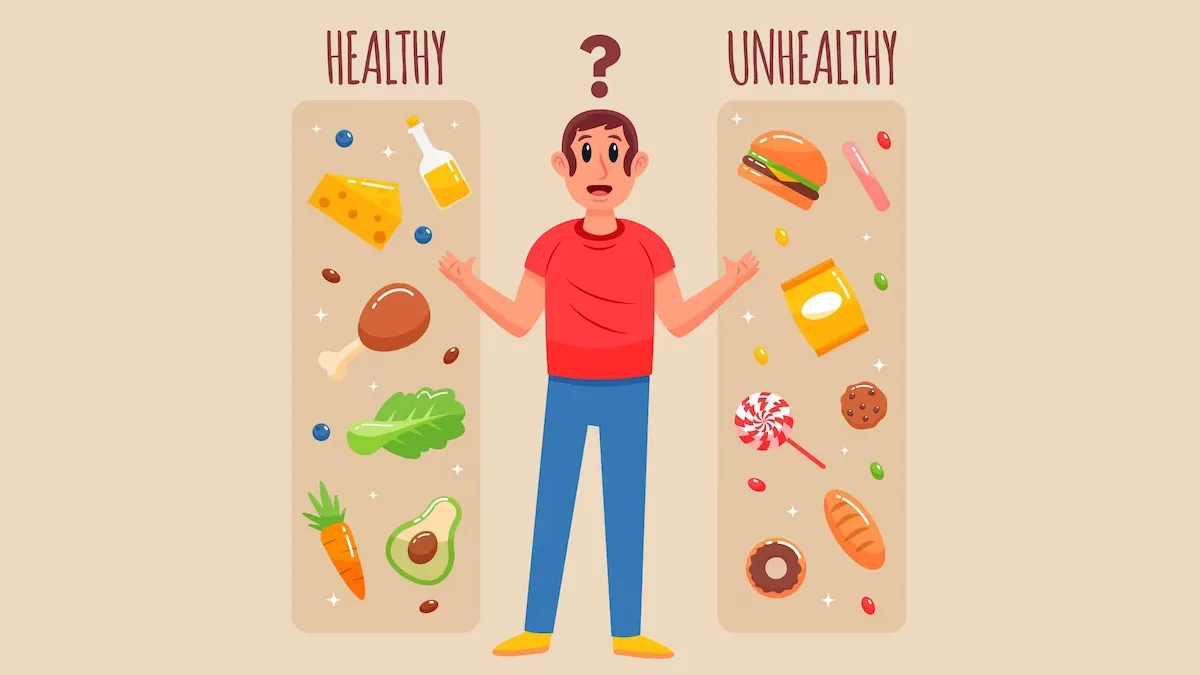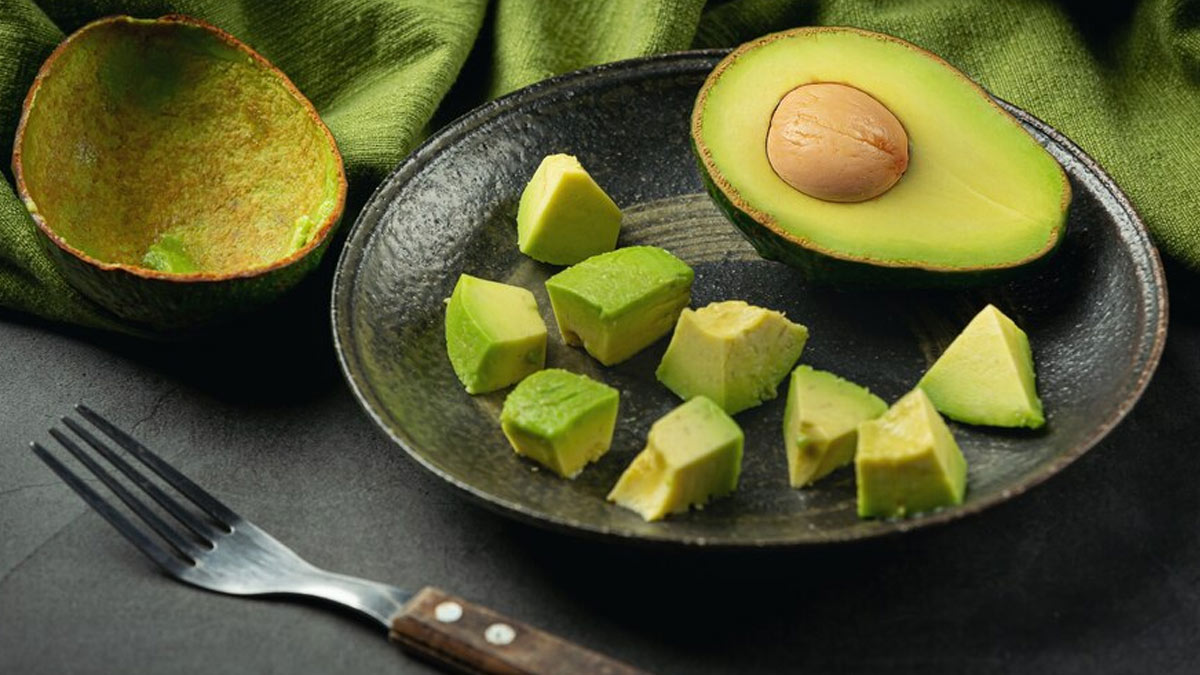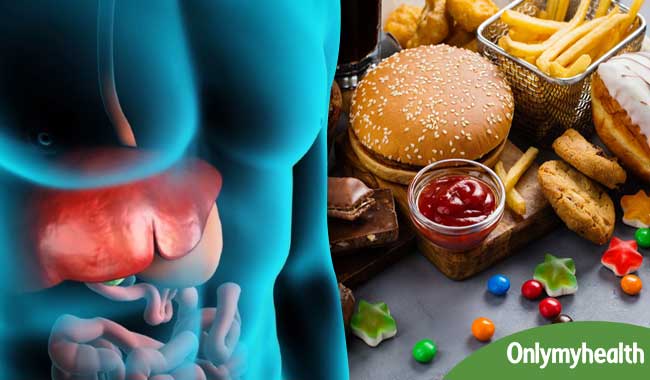
In a world where health and wellness dominate many conversations, it’s easy to assume that foods marketed as ‘healthy’ live up to their claims. However, not everything that appears nutritious actually benefits your body. There are several everyday food items you consume that you may think are healthy but the reality is completely the opposite.
Table of Content:-
For better understanding, the editorial team of Onlymyhealth spoke to our expert, Dr Sanjana Premlal, Consultant - Nutritionist, Kinder Hospitals, Bengaluru, and asked her to list some common foods that are often mistaken as healthy but might be sabotaging our wellness goals. Here is what she shared with us.
Flavoured Yoghurts
Yoghurt is often advertised as a superfood rich in probiotics, but many of the flavoured varieties contain added sugars. “Some single-serve containers can contain as much sugar as a candy bar, eliminating the health benefits,” shared Dr Premlal. She also suggested consuming plain Greek yoghurt and adding fresh fruits or a drizzle of honey for a sweet taste.
Also Read: From Alcohol To Soft Drinks, 4 Drinks That Can Increase Your Risk Of Gout
Granola
Granola is often thought of as a healthy breakfast food, but most commercial granola products are calorie-dense and contain added sugars and unhealthy fats. On the other hand, homemade granola made with oats, nuts, seeds, and minimal amounts of natural sweeteners like maple syrup is a better choice to consider.

Veggie Chips
Vegetable chips may sound like a great alternative to potato chips, but many are fried and contain just as much fat and sodium. In addition, they often have minimal actual vegetable content. For a healthier crunch, try air-popped popcorn or roasted chickpeas.
Smoothies And Acai Bowls
The best smoothies and acai bowls can be very nutritious, but there are some versions that come loaded with high-calorie ingredients such as sugar-laden fruit juices, sweetened yoghurts, and big bowls of granola or honey. “Focus on whole fruits, unsweetened liquids, and moderation in toppings when making these at home,” Dr Premlal added.
Protein Bars
Protein bars are convenient, yet most of them are really just glorified candy bars with protein added. Often they are sugary, artificially flavoured, and preserved. If you are on a protein-hit 2025 resolution, think along the lines of a handful of nuts or boiled eggs.
Packaged Salad Dressings
Salads are one of the best healthy meal options, but the store-bought dressings may undermine this food. Expert noted that most dressings contain a lot of sugar, unhealthy fats, and artificial additives. Instead, prepare your own dressing using olive oil, lemon juice, and spices.

Also Read: Your Late-Night Reels And Shorts Could Cause High Blood Pressure, Here's How
Diet Sodas
Calorie-free, diet sodas are full of artificial sweeteners that may have a bad impact on gut health and increase cravings for sugary foods. The best hydrator in the case includes plain water, herbal teas, or sparkling water with a splash of lemon.
Packaged Fruit Juices
Even 100% fruit juices are not good since they contain no fibre from whole fruits and have natural sugars. These sugars can cause the blood sugar levels to rise, will may eventually lead to diabetes in some cases. Hence, enjoy fruits in their entirety to get the best out of them.
Energy Drinks
Most of the time, energy drinks are marketed as performance boosters but contain heavy loads of caffeine and sugar, causing energy crashes and damaging the heart. If you want a pump on a dull and low-energy day, opt for unsweetened green tea or plain water to wake yourself up.
Gluten-Free Snacks
Unless you have a medical reason to avoid gluten, gluten-free doesn't always mean healthy. Many gluten-free packaged foods are high in refined starches and added sugars to compensate for the texture and flavour lost without gluten. Dr Premlal highlighted the need to focus on whole, naturally gluten-free foods like quinoa and sweet potatoes for actually staying healthy.
Bottomline
While it is easy to fall into the trap of trusting labels like ‘low-fat,’ ‘organic,’ or ‘gluten-free,’ it's essential to go beyond the hype. Reading ingredient lists, checking nutritional information, and choosing minimally processed whole foods are considered the best approaches to making really healthy choices, according to experts. Always keep it at the back of your mind that just because something is marketed as healthy doesn't necessarily mean it's good for you and your health.
Also watch this video
How we keep this article up to date:
We work with experts and keep a close eye on the latest in health and wellness. Whenever there is a new research or helpful information, we update our articles with accurate and useful advice.
Current Version